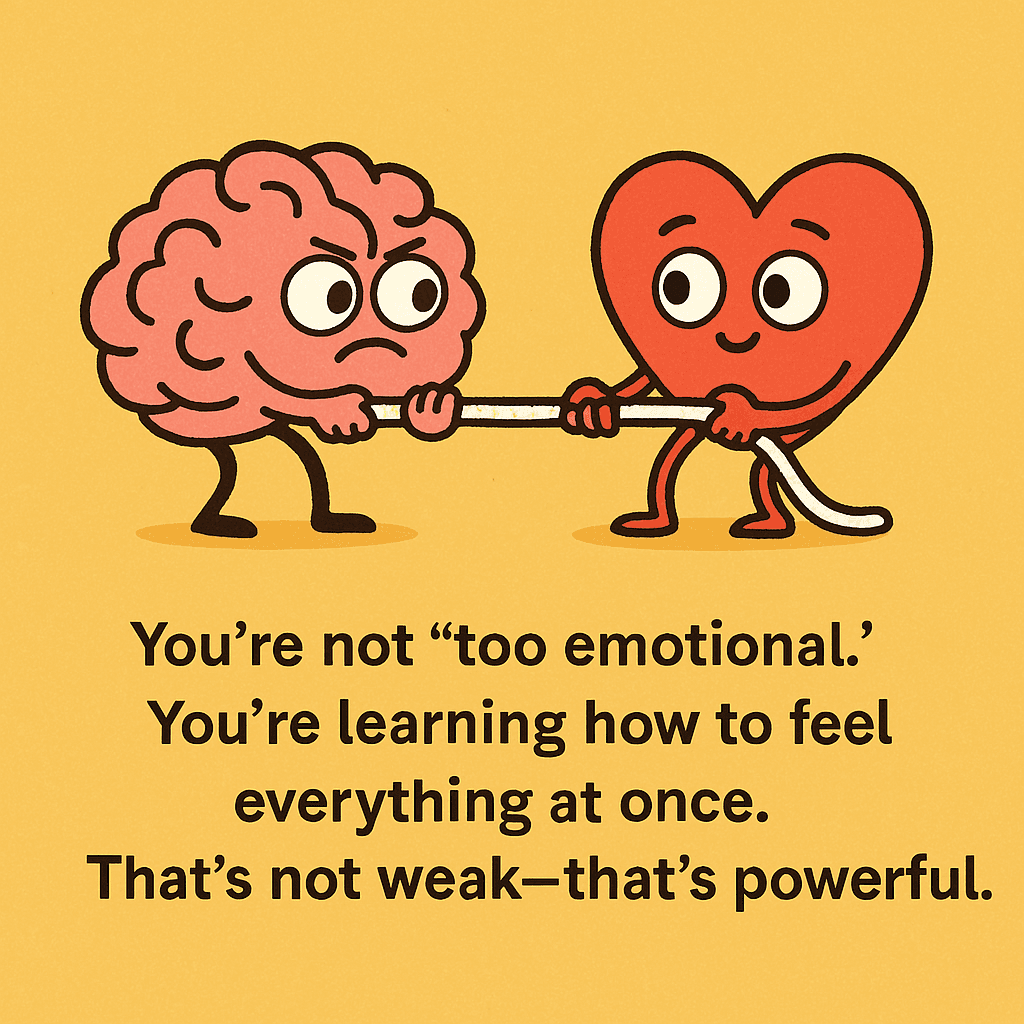
“What Is Normal?” — Understanding the Emotional Rollercoaster of Adolescence
If you’re a teenager or the parent of one, you’ve probably asked this question at least once: “Is this normal?” One minute you’re laughing with friends, the next you’re crying in your room and you don’t even know why. Welcome to adolescence—where everything feels bigger, louder, and more intense.
Here’s the deal: the teen and young adult years are like a brain remodeling project. The emotional center of the brain (the amygdala) develops faster than the part that handles logic and decision-making (the prefrontal cortex). That means emotions can hit like a tidal wave—and self-control takes longer to catch up.
Mood swings, intense feelings, awkward social moments, and questioning everything from friendships to identity? Totally normal. This phase is messy, but it’s also necessary. It’s how your brain and body figure out who you are and how to handle the world.
But “normal” doesn’t mean “easy.” Just because these ups and downs are expected doesn’t mean you have to suffer through them alone. Talking about your feelings, getting support, and learning healthy ways to cope are all part of the process too.
For teens:
Feeling overwhelmed doesn’t mean something’s wrong with you.
Talk to someone—a friend, a parent, a counselor. You don’t have to figure it out by yourself.
Your emotions are valid, even if they don’t always make sense.
For parents:
Don’t dismiss big emotions as “drama” or “just a phase.” Validate, then guide.
Ask questions like “What’s going on underneath that?” instead of jumping straight to advice.
Be a calm presence, even when your teen feels like chaos.
Bottom line? There’s no single definition of “normal,” but feeling a little (or a lot) all over the place during this time of life definitely qualifies.
Want to know when it might not be normal? If those emotions become constant, start interfering with school, relationships, or daily life, or feel too heavy to carry—that’s when it’s time to reach out for more support. And that’s okay too.
Everyone’s version of growing up looks different. Give yourself (or your teen) some grace—you’re not broken, you’re becoming.

